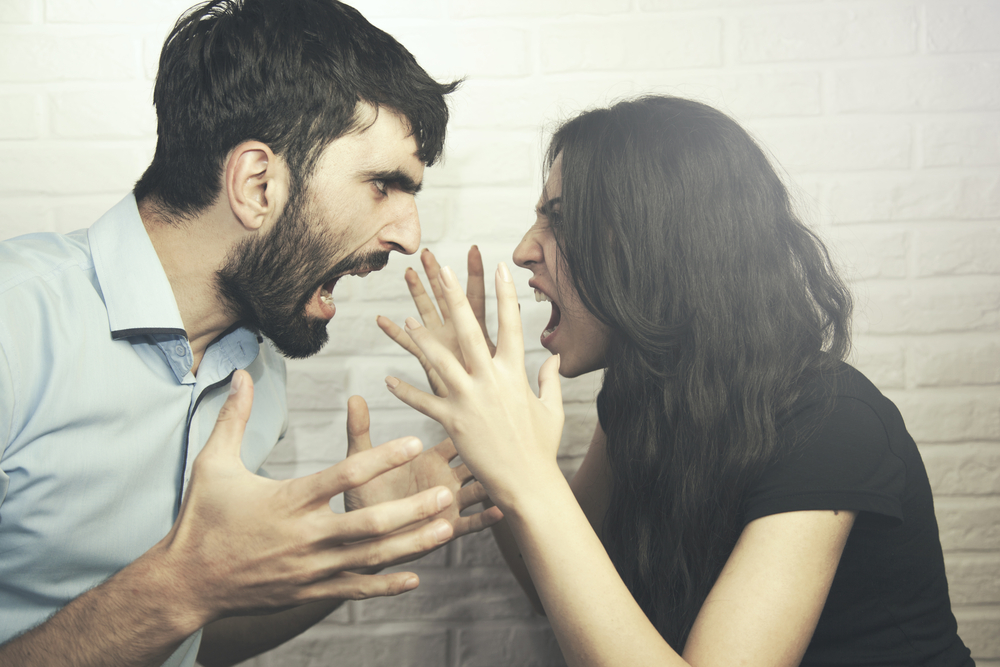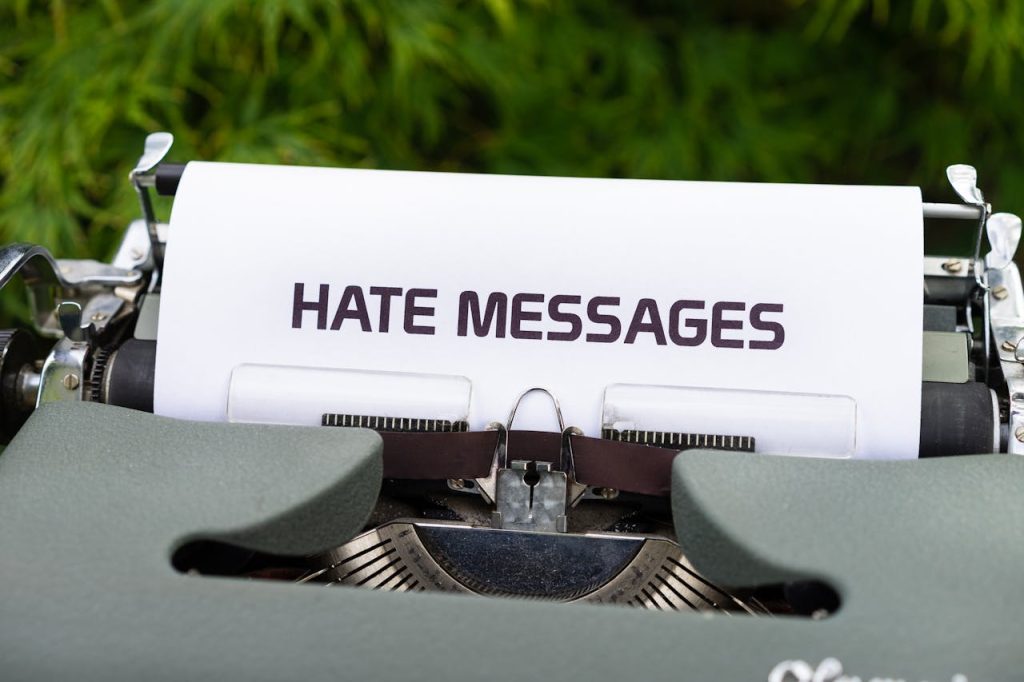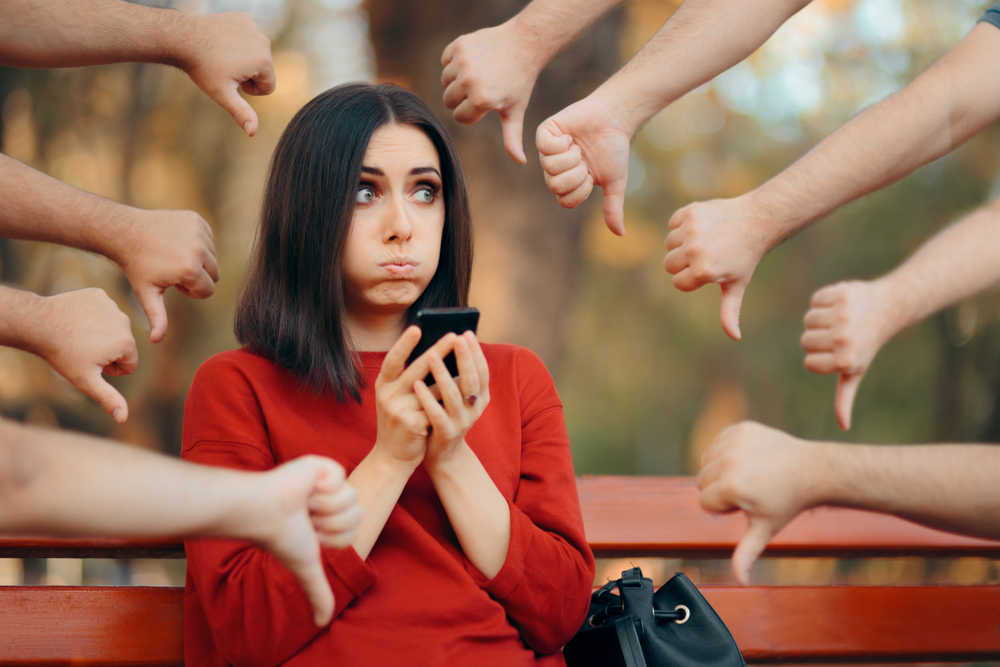Your cart is currently empty!
What is it called when people hate you for no reason?

Most of us have experienced that uneasy question at some point in our lives: “Why does it feel like they dislike me?” Whether it’s a coworker who seems cold, a friend who suddenly withdraws, or a stranger whose hostility feels unprovoked, being on the receiving end of dislike—sometimes even described as “hate”—can be deeply unsettling. The sting comes not only from the behavior itself but from the mystery behind it. When we cannot find a clear reason, our minds often spiral into self-doubt, wondering if we are inherently unlikable.
But the reality is more complex. Human emotions, especially negative ones, are rarely straightforward. What we interpret as hatred may actually be insecurity, projection, or even a clash of values that has little to do with us personally. Understanding these dynamics is essential, not only to protect our mental health but also to navigate relationships with greater clarity. At the same time, the way we perceive being disliked is often shaped by our own thought patterns, self-esteem, and past experiences, which can magnify feelings of rejection beyond what is really there.

Understanding “Unexplained Hate”
When people seem to dislike us for no apparent reason, the experience can be unsettling and often deeply personal. Human beings naturally want to be seen as likable to some degree, so when faced with rejection or hostility, our instinct is to search for a cause. Yet, as psychologists emphasize, dislike is not always rooted in who we are or what we have done. In fact, it often originates in the other person’s internal struggles. Feelings labeled as “hate” may arise from insecurity, unresolved hurt, or even a clash of personal values that has little to do with us as individuals. Recognizing this distinction is important, because it helps prevent us from internalizing negativity that isn’t truly ours to carry.
It’s also worth noting that the word “hate” is frequently used more casually than its true definition suggests. Someone might say they “hate” another person, when in reality they are expressing a mix of frustration, resentment, envy, or even simple annoyance. For example, a colleague may feel threatened by your competence at work, and instead of processing that insecurity, they externalize it as dislike. Similarly, someone who has been hurt by a person with traits similar to yours may project that pain onto you, even though you had no role in their past experience. These dynamics demonstrate that unexplained hostility is rarely straightforward, and it often reveals more about the other person’s emotional world than about your own actions.
Understanding this can be profoundly freeing. Rather than assuming that every negative glance, dismissive comment, or cold shoulder is evidence of some personal flaw, it helps to remember that people’s behaviors are shaped by their histories, values, and unresolved emotions. Often, dislike is less a reflection of who you are and more a mirror of someone else’s struggles. Reframing it this way does not erase the discomfort of being disliked, but it allows you to carry the experience with less self-blame and greater perspective.

Recognizing the Signs of Dislike
When someone harbors negative feelings toward us, they often communicate it not with words, but through subtle or overt behaviors. These signs may be hard to miss when you are on the receiving end, though they can sometimes be misinterpreted. Avoidance is one of the most common indicators. If a person consistently withdraws from your presence, ignores your attempts to engage, or fails to return calls and messages, it may be their way of creating distance. This withdrawal is not always hostile in intent—it might simply be the easiest way for them to manage their discomfort—but it still registers as rejection.
Defensiveness can also signal dislike. When someone reacts disproportionately to your words or actions, picking apart small details or assigning blame unfairly, it suggests that your presence unsettles them. This often stems from the other person’s sense of being threatened or insecure. In some cases, the dislike may surface more openly through verbal aggression, such as sharp criticisms, name-calling, or hostile comments. Others may escalate even further, expressing hostility physically by using gestures meant to intimidate or, in extreme situations, resorting to aggressive acts.
Disrespect is another behavior frequently tied to dislike. This can take many forms—being excluded from group activities, having your contributions dismissed, or being subjected to dishonesty. Unlike avoidance, which is passive, disrespect actively communicates that the other person does not value you. It can be especially painful because it strikes at the core of one’s sense of belonging. Over time, repeated exposure to these signs may lead you to feel unsafe or unwelcome, reinforcing the impression that you are hated. However, interpreting these behaviors requires caution, since not every act of distance or defensiveness is rooted in hatred. Context matters, and so does the perspective of the one observing.

Why We Feel Hated—Even When It Isn’t True
While some people may genuinely dislike us, many of the feelings of being hated actually stem from our own interpretations rather than objective reality. Human perception is shaped by cognitive patterns, and when those patterns skew negative, they can lead us to overestimate how disliked we are. Cognitive distortions—faulty or exaggerated ways of thinking—play a major role. Overgeneralization, for instance, might cause you to believe that one person’s cold reaction means everyone feels the same way. Similarly, “mind reading” may make you assume others are judging you harshly without any evidence. These thought traps are self-protective in nature, designed to prepare us for rejection, but ironically, they deepen feelings of isolation.
Low self-esteem intensifies this cycle. If you already believe you are unworthy, every ambiguous interaction can be filtered through that lens. A friend’s late reply to a message might feel like proof that they no longer care, even if they were simply busy. Projection also plays a role—when we dislike parts of ourselves, we sometimes imagine those flaws are visible to everyone else, convincing ourselves that others must dislike us too. This inner narrative, while painful, often says more about our relationship with ourselves than about the truth of our social standing.
Mental health conditions can further magnify these perceptions. Anxiety disorders, depression, or paranoia can distort how we interpret others’ actions, making neutral behaviors feel loaded with hostility. Even conditions such as autism spectrum disorder can influence how social signals are read, sometimes leading to misunderstandings that fuel a sense of being disliked. These experiences are valid and real, but they are not always accurate reflections of how others see us. Recognizing the difference between perception and reality is an important step toward breaking free from the belief that everyone hates you.
The Role of Past Experiences and Social Dynamics
Our history shapes how we interpret present interactions. People who have endured chronic rejection, neglect, or bullying may be more likely to anticipate hate, even in neutral settings. The brain, conditioned by past wounds, becomes hyper-alert to signs of exclusion. A small slight, such as being left out of a conversation, may echo with the weight of earlier experiences, reinforcing the belief that hostility is inevitable. This pattern is not simply emotional but neurological—our brains are wired to detect threats, and when rejection has been a recurring theme, the threshold for perceiving danger becomes lower.
Social identity and group dynamics also play a role. Studies in social psychology have long shown that we tend to feel greater affinity for those who are similar to us in values, appearance, or interests. Conversely, being perceived as different can lead to feelings of alienation or hostility, even when no offense has been given. This “in-group” and “out-group” dynamic explains why some people may dislike others almost automatically, with little rational explanation. Being on the receiving end of this dynamic is frustrating, as it means you are judged for who you are rather than what you do.
At the same time, cultural and personal values influence how people define “likable” behavior. What is considered warm and engaging in one context may come across as intrusive in another. For example, direct eye contact is seen as a sign of confidence in some cultures, but as aggressive in others. When values clash, dislike can arise without either party intending harm. Understanding these social dynamics does not make the experience of being disliked less painful, but it does offer a broader perspective. It reminds us that much of what feels personal is actually shaped by forces larger than ourselves.
Coping with the Experience of Being Disliked
Knowing that dislike is often not about you personally can ease the sting, but it doesn’t erase the emotional toll of feeling unwanted. Coping begins with shifting focus from control—since you cannot dictate how others feel—toward self-care and resilience. Building active listening skills, practicing humor, and using open body language can improve the way others perceive you, but these should never be acts of performance to “earn” worthiness. Instead, they are tools for fostering more authentic connections, while remaining grounded in the knowledge that you cannot please everyone.
Developing accountability is equally important. While much dislike stems from others’ insecurities, sometimes it is rooted in genuine hurt we may have caused. Taking responsibility when needed—apologizing, adjusting behavior, or clarifying misunderstandings—can transform relationships. Being dependable and offering sincere compliments can also help build trust. Yet it’s vital to recognize that not all relationships can or should be mended. Some hostility may persist regardless of your efforts, and learning to accept that is part of emotional maturity.
Professional support can also be transformative. If feelings of being disliked begin to limit where you go, how you interact, or your overall mental health, seeking help from a therapist may provide clarity. Therapy can help uncover distorted thought patterns, heal the wounds of past rejection, and provide strategies for managing anxiety around social interactions. It can also offer the reassurance that struggling with these feelings does not make you weak—it makes you human. Everyone, at some point, grapples with the fear of being unwanted, and working through it is a courageous act of self-care.
